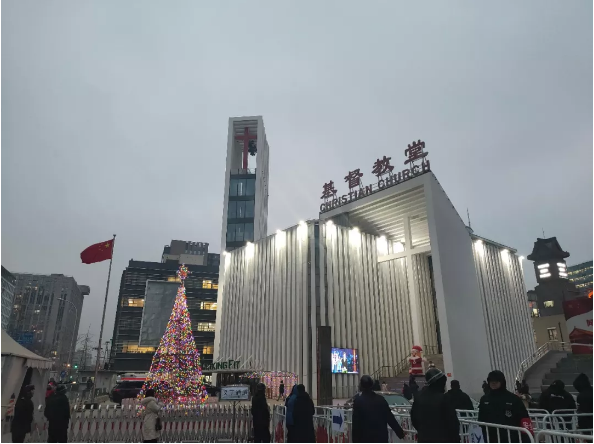Revised municipal regulations on religious affairs were published yesterday by Beijing CC&TSPM, due to take effect beginning next month.
Since February 1, 2018, China’s new national regulations on religious affairs have replaced those issued in 2005.
The city’s revision makes provisions for religious bodies, religious schools, religious personnel, sites for religious activities, religious activities, religious property, and legal liability as well as supplementary provisions, according to Beijing CC&TSPM.
The local revision has some additions that contrast with the older version.
An addition in Chapter I Article Four states, “Religion shall obey the leadership of the Communist Party of China, fully implement government policies on religious affairs, uphold the principle that religions in China must be Chinese in orientation and provide active guidance to religions so that they can adapt themselves to socialist society.”
Article 10 includes a provision that says authorities on religious affairs shall establish a mechanism where complaints can be reported.
Article 21 in Chapter III says that sites for religious activities that are newly constructed, reconstructed or extended shall be in compliance with relevant laws and regulations. The buildings shall reflect a Chinese style and characteristics.
Departments on religious affairs should guide religious bodies to rent rooms or purchase land in order to solve their site issues.
It is forbidden to build religious statues in the open air outside temples, mosques, and churches.
It shall be the same with religious facilities in public places, outside of religious revenues.
Article 37 states that no organization or person shall engage in the compilation and printing, reception, reproduction, delivery, sale or distribution of illegal religious publications and audio and video products.
There are also statements of punishment if a religious body, school, or venue violates any of the articles, including suspension of daily activities, approval or certificate withdrawal, or property confiscation.












